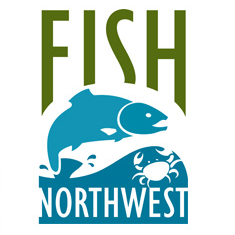Intervention in United States v. Washington (aka the Boldt Decision) has proven an unsuccessful strategy for forcing the Treaty Tribes and WDFW to cease violating Court orders and the interests of the citizens of Washington State as represented by Fish Northwest. Neither the Court, the State, nor the Tribes even attempted to deny that the current parties are in blatant violation of the Court’s rulings, the existing injunction, the basic premise of fair sharing, or the Puget Sound Salmon Management Plan (PSSMP). The Court simply concluded, “The management of fisheries that are the subject of United States v. Washington lies with the co-managers—the tribes and the State.” As such, the Court concluded that the facts presented in Fish Northwest’s Motion to Intervene do not alter the Court’s prior analysis and subsequent denial of intervention by third parties.
But let us look at these facts. WDFW argued that they “adequately represented the interest of the citizens of Washington,” while at the same time acknowledging that there were “concerns with the season-setting process and outcomes”. All the while they didn’t even bother to deny that they were in violation of the PSSMP, did not calculate harvestable shares, did not demand sharing the harvest fairly (50/50), and excluded the public from the process. Lastly and perhaps most astoundingly, the State contended that FNW’s interests were not protectable because “fishing is a privilege granted to the individual by the state in the form of a license.” This is WDFW double-speak and hypocrisy at its finest where on one hand they claim to adequately represent the interest of the citizens of Washington, yet at the same time completely ignore the very statutes, procedures, and regulations that would enable and require them to do just that. Then they claim that our interests as recreational fishermen are “not protectable.” In short, WDFW fails to do its job of representing FNW’s members and then washes its hands of that fact by pointing to fishing as a “privilege” and not a right.
For the reasons spelled out above, FNW has determined to pursue another suit and lay this one squarely at WDFW’s doorstep. We will provide information and details in the coming months.
Brett Rosson
President, Fish Northwest
